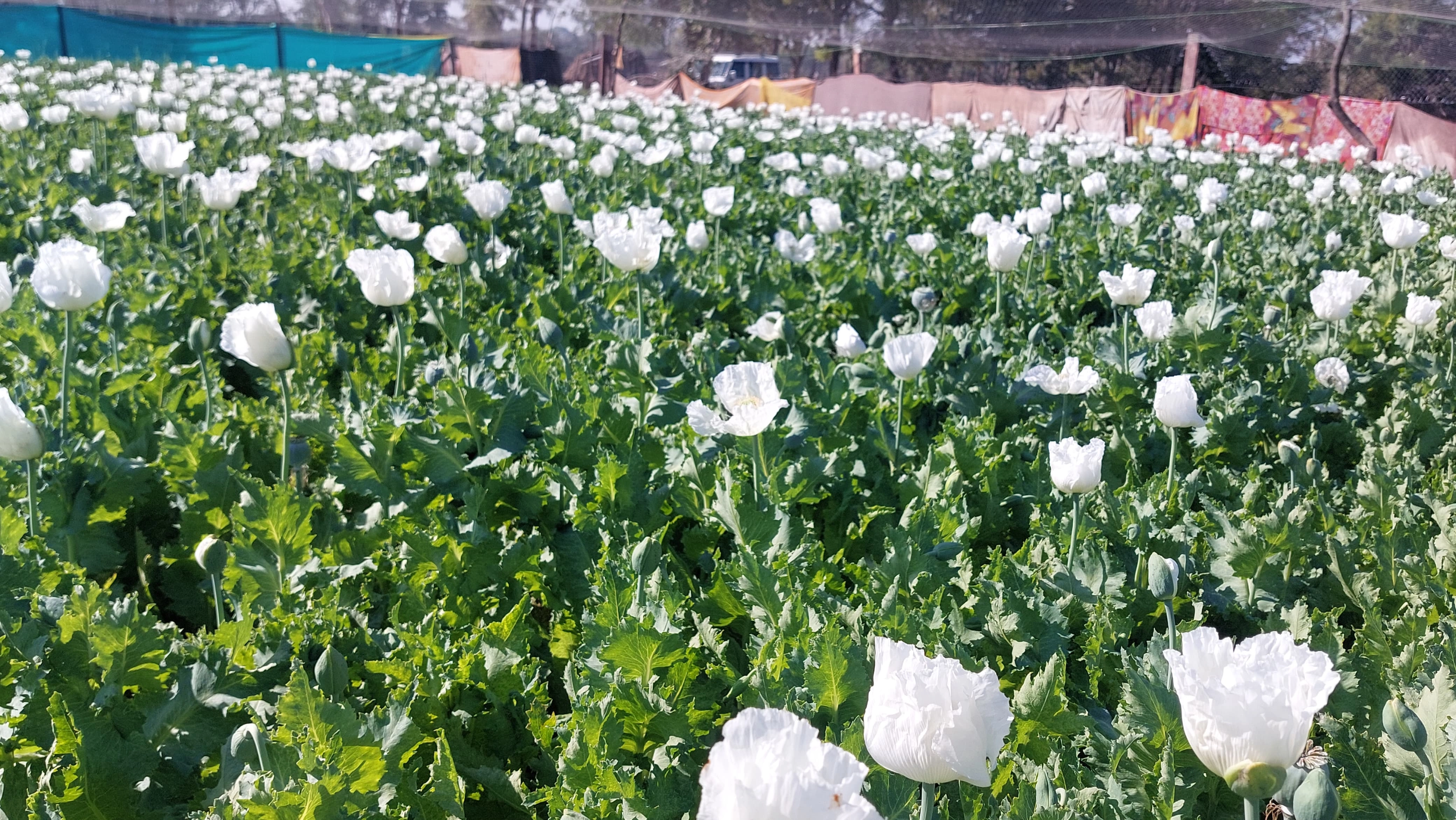Opium farming has increasingly become entrenched in Myanmar’s war-torn regions, where decades of conflict and instability have created fertile ground for this illicit trade. As various ethnic armed groups vie for control over territories, many local farmers find themselves turning to the cultivation of opium poppies as a means of survival. With limited access to alternative livelihoods, the promise of quick financial returns from opium production often outweighs the risks associated with this illegal activity. The situation is further complicated by ongoing violence and a lack of effective governance, making it challenging for farmers to shift towards more sustainable agricultural practices. This cycle of dependency on opium not only exacerbates the country’s socio-economic challenges but also contributes to global narcotics issues. Efforts to eradicate opium cultivation have met with mixed results, as many farmers rely on it to support their families in the face of adversity. Addressing the root causes of this reliance on opium farming requires a comprehensive approach that includes peace-building, economic development, and the provision of viable alternatives to ensure a brighter future for these communities.
Opium farming has increasingly become entrenched in Myanmar’s war-torn regions, where decades of conflict and instability have created fertile ground for this illicit trade




